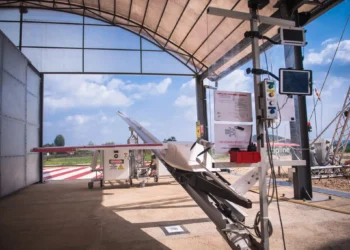In April 2025, Nigeria’s Securities and Exchange Commission (SEC) officially recognized cryptocurrencies and digital assets as securities under the newly enacted Investment and Securities Act (ISA) 2025. This landmark legislation aims to provide a clear regulatory framework for the burgeoning crypto industry in Nigeria.
Implications For Crypto Companies
With cryptocurrencies now classified as securities, crypto companies operating in Nigeria must comply with the SEC’s regulations. This includes registering with the SEC, adhering to disclosure requirements, and ensuring compliance with investor protection standards. Failure to comply could result in penalties, including fines and pitential imprisonment.
The SEC has already begun granting provisional licenses to select crypto exchanges underits Accelerated Regulatory Incubation Program (ARIP). Notably, exchanges like Quidax and Busha received “Approval-in-Principle” in 2024, allowing them to operate under regulatory oversight.
Cautionary Tales From Global Precedents
The classification of cryptocurrencies as securities is not unique to Nigeria. In the United States, the SEC’s lawsuit against Ripple Labs over its XRP token highlighted the complexities of such classifications. The legal battle, which lasted nearly three years, underscored the potential risks and uncertainties that come with labeling a token as a security.
Navigating The New Regulatory Landscape
For crypto companies in Nigeria, the path forward involves proactive engagement with regulators. This includes seeking legal counsel to understand the implications of the ISA 2025, ensuring compliance with registration and disclosure requirements and adapting business models to align with the new regulatory environment.
While the recognition of cryptocurrencies as securities brings regulatory clarity, it also imposes new responsibilities on crypto companies. By embracing compliance and fostering transparent operations, these companies can contribute to a more secure and robust crypto ecosystem in Nigeria.
READ MORE:
Zone Proposes Regulated Ethereum-Style Blockchain With Built-In Compliance for Africa
Defence tech is a thing in Nigeria and here are 3 startups doing it



